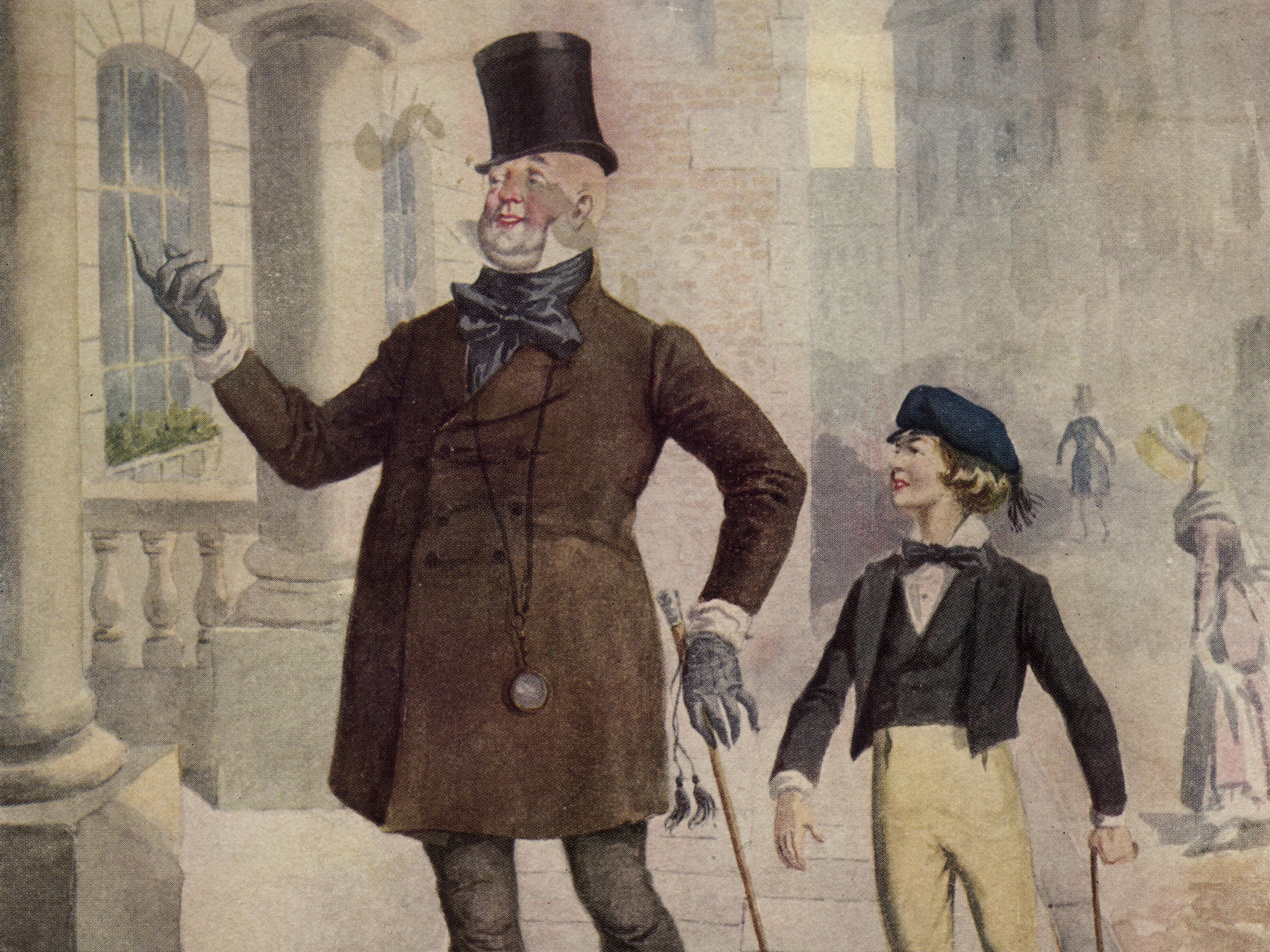Central banks have become like Mr Micawber in reverse
The Federal Reserve and Bank of England can’t see that things are good enough to raise interest rates

The Federal Reserve and the Bank of England have become like Mr Micawber in reverse. You may recall that Charles Dickens’ rather lovable character in David Copperfield was relentlessly optimistic. Whenever things looked really bad, he proclaimed his faith that “something would turn up”.
As far as the Fed and the Bank are concerned, whenever they consider that things look good enough for it to be safe to increase interest rates, something disagreeable turns up to stop them. These have included the second eurozone recession, the Greek crisis, poor data on the UK economy, the collapse of the oil price and, most recently, the slowdown in China.
These have mostly proved less serious than they first seemed. Europe’s problems have had regional rather than global consequences. Greece is a sideshow. The UK economy has grown steadily, as the latest figures confirm, and the alarmist data of three years ago we now know were plain wrong. The oil price did push headline inflation into negative territory but it has given a net boost to real consumption pretty much worldwide. And, as for China, some slowing of its helter-skelter growth was essential, and may also be a net positive to growth in the developed world.
Last week, at the Lima annual meetings of the IMF and World Bank, Mark Carney restated his view that UK rates might move up around the end of this year. That is not what market rates indicate. Indeed, these suggest the first move may not come until much later in 2016. Meanwhile, the negative effects of near-zero interest rates have become more and more apparent. They do not, however, get as much publicity as they deserve, so here is a checklist of six of the most damaging.
One, wealth inequality. There has been great concern about income inequality, which has not risen much, and on some counts has fallen, but far too little concern about wealth inequality, which has shot up and, arguably, is more pernicious. It is also harder to offset by taxation. As a direct result of quantitative easing, asset prices have soared – and, of course, the more assets people have, the more they have benefited.
Two, property prices worldwide. Most assets have been boosted, but what has happened to residential property has been particularly damaging. We see that in Britain, but much the same is occurring in New York, and Berlin, and Mumbai.
Three, pension poverty. Cheap money has deliberately held down government bond yields, which pension funds are, in practice, compelled to hold for regulatory purposes. This in turn has pushed down annuity rates, giving pensioners a double hit.
Four, the cheating of unsophisticated savers. Cheating is a strong word, but the effect of such low rates has been felt hardest by those who have no access to specialist advice on how to get a better return on cash by taking it out of the bank and putting it into a portfolio of financial assets.
Five, the encouragement of risk-taking. Savers may be taking on ill-understood risk in seeking higher returns. Borrowers may be overextending themselves by believing the central banks will keep rates low for the foreseeable future – which, as noted below, they may not be able to.
Six, long-term damage to the financial system. It is hard to pin this one down because you cannot see the true damage for many years. But the very low rates are encouraging people to bypass banks, which is showing through in a number of ways. The most obvious is that the use of cash has risen sharply worldwide, but there are other hard-to-measure effects, including peer-to-peer financial transactions. Not all this is bad, and low returns do encourage innovation. But by seeking to reduce risk in one section of finance, banking, the authorities are increasing it in others.
To this half-dozen damaging effects already evident, there is another round the corner: inflation. The central banks have certainly created asset inflation and some believe this constitutes a price bubble that will have to be pricked. I am not so worried about that, but what I think may be just round the corner is a burst of current inflation – inflation in goods and services. Tomorrow the Resolution Foundation will publish a report showing that UK private sector wages are rising at the fastest rate for 15 years. In one sense that is welcome. But that will feed though into costs just as the one-off effect of lower oil prices fades.
The late German economist Rudi Dornbusch observed: “In economics, things take longer to happen than you think they will, and then they happen faster than you thought they could.”
When bad news on inflation does turn up, the central banks have no option but to respond. By worrying about things they cannot control, they will have failed to head off a danger that is under their control – domestic inflation.
Subscribe to Independent Premium to bookmark this article
Want to bookmark your favourite articles and stories to read or reference later? Start your Independent Premium subscription today.

Join our commenting forum
Join thought-provoking conversations, follow other Independent readers and see their replies